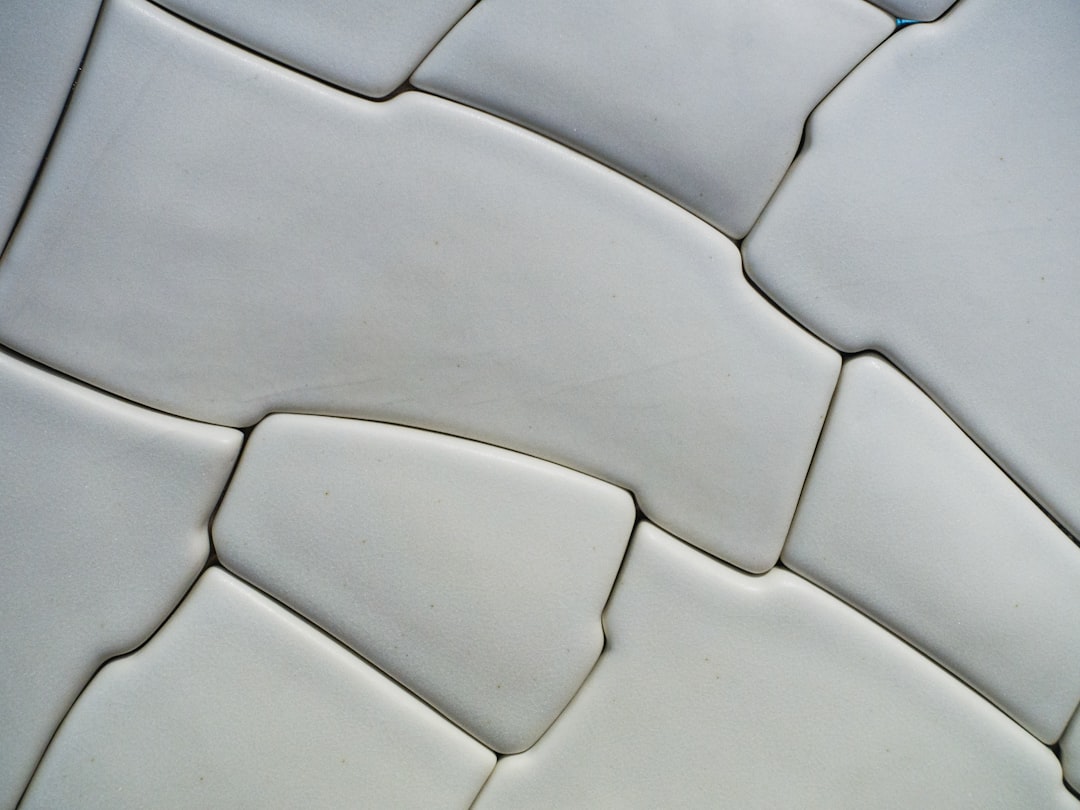How Much to Install Ceramic Tile? CountBricks Cost Guide
Price source: Costs shown are derived from our proprietary U.S. construction cost database (updated continuously from contractor/bid/pricing inputs and normalization rules).
Eva Steinmetzer-Shaw
Head of Marketing
Introduction: Understanding Ceramic Tile Installation Costs
For construction professionals, determining how much to install ceramic tile involves various factors. Labor rates, tile formats, substrate conditions, and material costs all play a role. This guide provides a detailed analysis to help you plan and budget effectively. Typical costs range from $12–$45 per square foot, depending on the complexity and materials used.
Current Cost Range for New York Projects
Based on recent data, here are the typical costs:
- Entry-level 12"x12" ceramic on a clean concrete slab: $12–$15 per square foot installed
- Mid-grade large-format tile over plywood with backer board: $15–$25 per square foot installed
- Premium patterned layouts or herringbone plus leveling system: $25–$40 per square foot installed
- Historic brownstone restorations with substrate repair: $40+ per square foot installed
These figures reflect real-time labor and material data.
Key Cost Drivers in Tile Installation
1. Tile Material and Grade
Ceramic tile costs range from $2–$15 per square foot. Handmade or imported tiles can be more expensive.
2. Layout Complexity
- Straight lay requires minimal cuts and wastes 5–7% extra tile
- Diagonal, herringbone, or Versailles patterns can increase waste to 12–18% and extend labor hours by 15–30%
3. Substrate Preparation
Corrective work may be needed for cracked slabs or moisture issues:
- Self-leveling compound: $2–$5 per square foot
- Cement backer board installation: $3–$6 per square foot
4. Labor Rates and Schedule
Labor rates vary widely. Weekend or evening installations can add premiums of 10–20%.
5. Trim, Thresholds, and Accessories
- Schluter edge profiles or bullnose trim: $3–$5 per linear foot
- Heated floor mats: $10–$20 per square foot including wiring
- Grout sealer application: $0.50–$1.00 per square foot
Cost Breakdown Example: 250 SF Kitchen Floor
Here's a summary for a Brooklyn townhouse project:
- Material – 12"x24" mid-grade ceramic @ $3.50/SF: $900
- Waste Allowance – 10%: $90
- Backer Board – 1/4" cement board @ $3.00/SF: $700
- Thin-set & Grout: $220
- Labor – Straight lay, standard hours @ $9.00/SF: $2,200
- Grout Sealer: $130
Estimated Total: $4,200 or $16.50 per square foot
How Accurate Estimates Are Generated
- Voice-to-Estimate: Capture dimensions and cost ranges using AI
- Dynamic Material Catalog: Reflects local distributor pricing
- Labor Matrix: Considers New York wage tiers and union rules
- Optional Add-Ons: See instant price impacts for extras
Saving Money Without Sacrificing Quality
- Choose popular tile sizes to minimize custom cuts
- Schedule during standard hours to avoid premiums
- Select locally stocked grout colors
DIY vs. Professional Installation
While small areas can be DIY, larger or complex projects benefit from professional installation.
- Specialty saw rentals average $70 per day
- Mistakes can waste 15–20% extra tile
Timing Your Project
Spring and fall are ideal for curing thin-set, but indoor climate control allows year-round installation.
Case Study: Brownstone Bathroom Revival
The Cohen family faced challenges with their 19th-century brownstone bathroom. They needed to balance cost with historical charm.
Project Snapshot
- Space: 80 SF bath, irregular alcoves
- Tile: 3"x6" subway ceramic, matte finish, $4.50/SF
- Layout: Brick pattern with 1/16" grout joints
- Timeline: 4 working days
CountBricks Solution
- Voice-Based Assessment: AI flagged joist deflection risks
- Real-Time Pricing: Locked in the best material rate
- Adaptive Scheduling: Avoided evening premiums
Final Numbers
- Material & Waste: $370
- Backer Board & Mortar: $220
- Labor: $930
- Misc. Trim & Sealer: $100
Total Installed Cost: $1,600 or $20.00 per square foot
Outcome
The project came in 6% under budget, with modern waterproofing and classic design.

